Report: UK health system cause for serious concern, lags behind other comparable countries
A new report has warned that Britain's National Health Service (NHS) is a cause for "serious concern," as it lags well behind other comparable countries in terms of key health metrics.
The 118-page report by the King's Fund charity was released on Monday to mark the 75th anniversary of the NHS, comparing Britain's flagship healthcare provider to the health systems in 19 similar countries.
It said the UK's health service -- despite being the first universal health system to be available to all following its establishment in 1948 -- is "not by any means where it should be."
Siva Anandaciva, the author of the report, described the NHS as "a service that has seen better days," adding, "On healthcare outcomes specifically, both for the outcomes that a system can control and those wider measures that rely on services that keep us healthy... we lag behind our peers."
"It should be a serious concern for political leaders and policymakers that the UK health system continues to fall behind so many of its peers," he wrote.
"The UK performs worse than many of its peers on several comprehensive measures, including life expectancy and deaths that could have been avoided through timely and effective healthcare," Anandaciva said.
He also pointed out that the British health system performs worst in terms of fatality rates for strokes and second-worst for heart attacks.
The damning report came after earlier on Monday, Prime Minister Rishi Sunak acknowledged that the UK's record on treatable diseases was "something where we are behind other countries."
Anandaciva further described historical underfunding and age-old staff shortages as important reasons why people in the UK with cancer are more at risk of dying than their peers in most of the other nations featured in his report.
Critics accuse the Conservative government of starving the NHS of funds for years, contributing to Britain suffering a higher death rate during the COVID-19 pandemic than peers such as France and Germany.
The report also found that the UK has a "strikingly low number of both nurses and doctors per person compared to its peers," and in addition to the short-staffing, the NHS has been hit hard by months-long industrial actions.
Earlier this month, thousands of junior doctors launched their third round of strikes, signaling the government’s inability to put an end to the long-running dispute over payments amid soaring inflation.
The three-day walkout by medics caused massive disruption of health services and cancellation of thousands of appointments and operations.
The report noted that the UK has "far fewer units" of computerized tomography (CT) and magnetic resonance imaging (MRI) scanners than comparable countries.
It added that while Japan has 166.7 scanners per million head of population, the UK only has 16.1.
The UK also has relatively few hospital and intensive care beds compared to the average of similar countries, with around four times fewer per capita than Germany.
Russia warns foreign intervention in Ukraine will be treated as "direct threat"
MSF chief warns Israeli ban on Gaza operations will be 'catastrophic' for millions
‘No illegal demands’: Shamkhani says US talks may bear fruit if respect, logic shown
VIDEO | Iran prepared for both scenarios: Talks or self-defense
Russia slams ‘unacceptable’ US pressure on Cuba as Trump seeks oil cutoff
Epstein advised ex-Israeli PM Ehud Barak to cooperate with US AI firm Palantir
Iran, US to hold nuclear talks in Istanbul: Report
Israeli strikes kill at least one, injure several people in south Lebanon


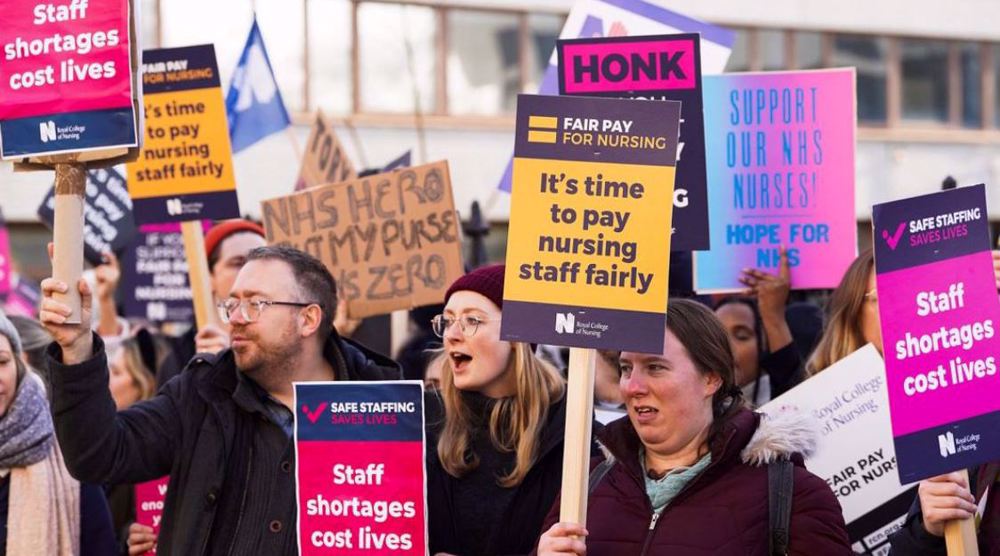
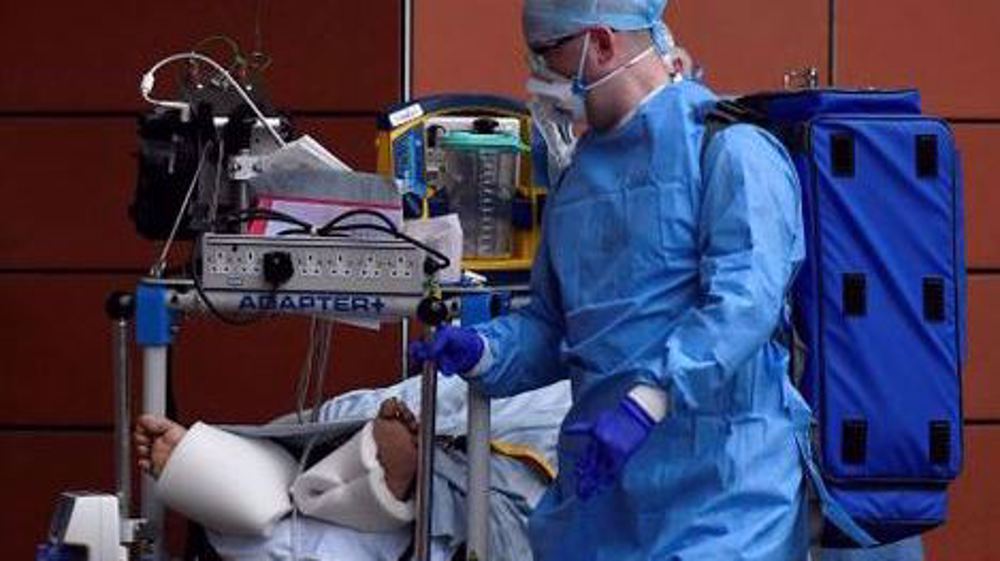
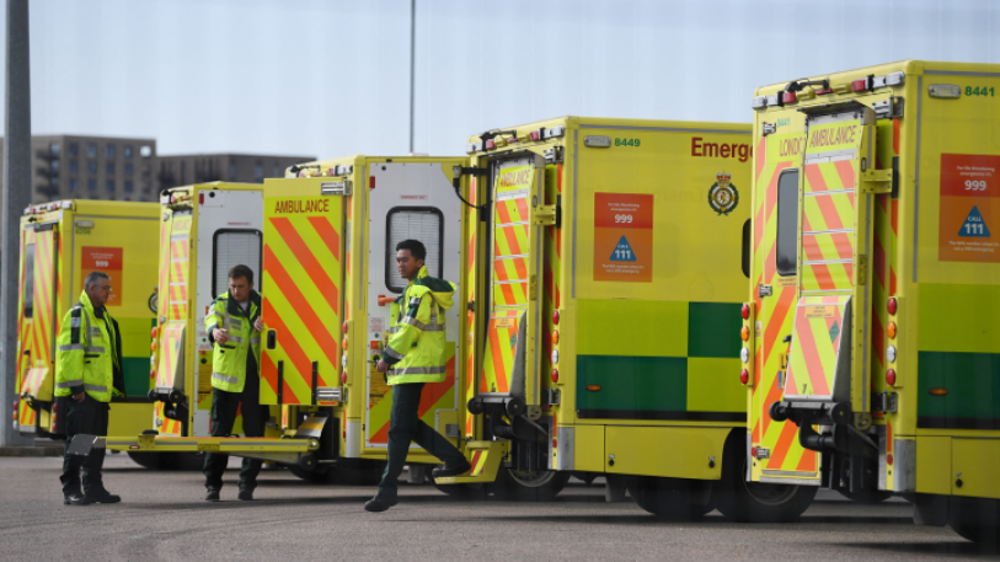
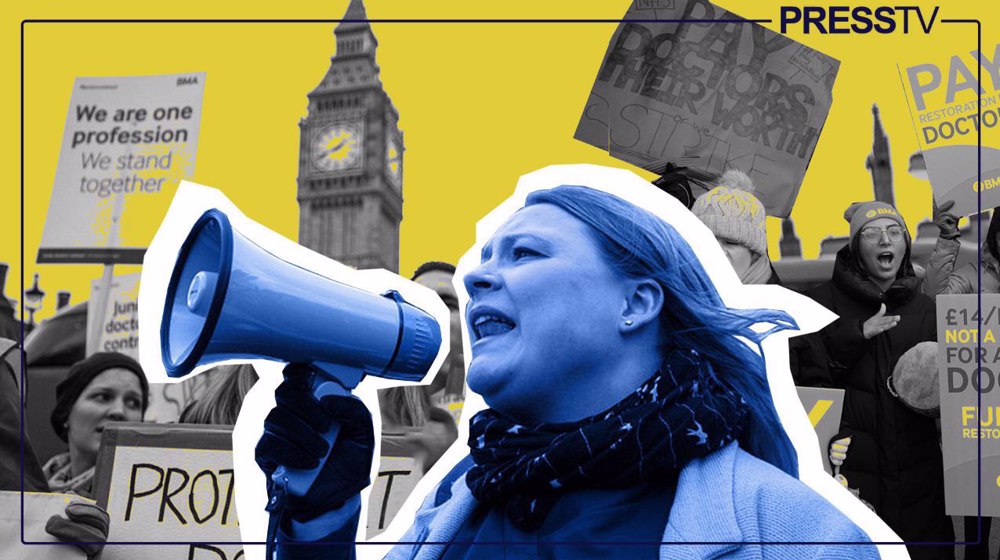


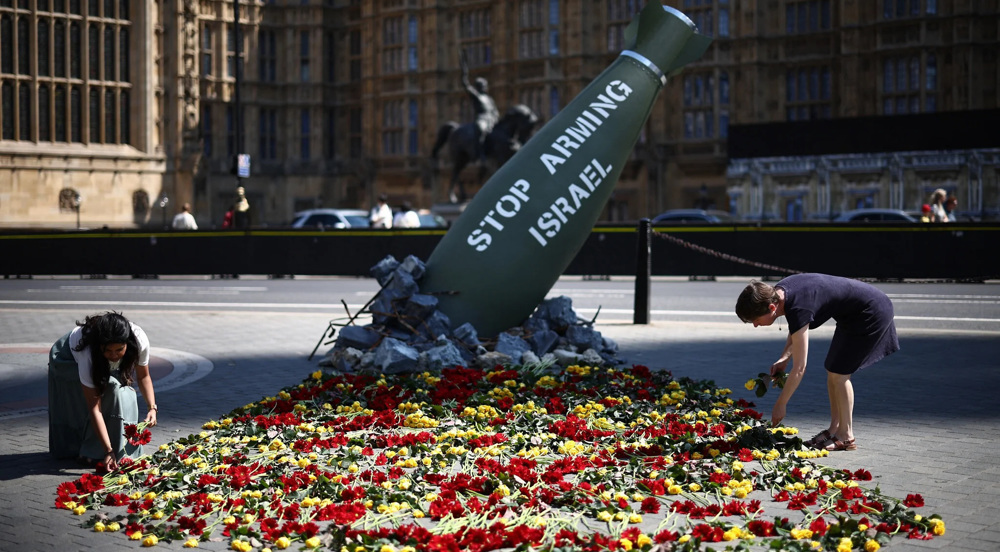



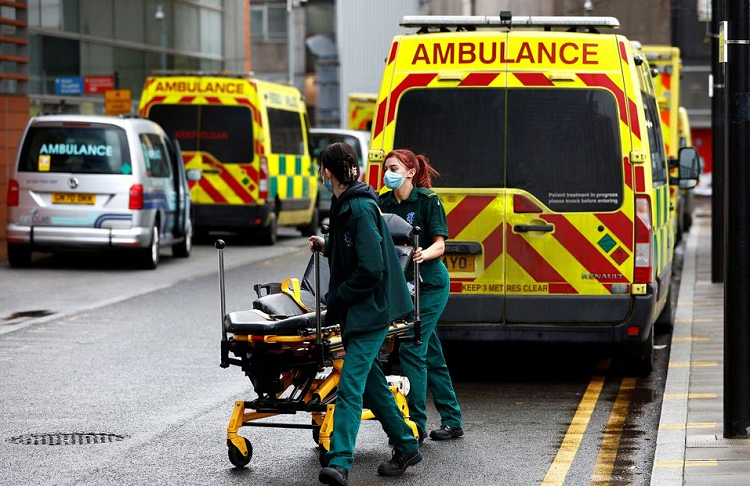
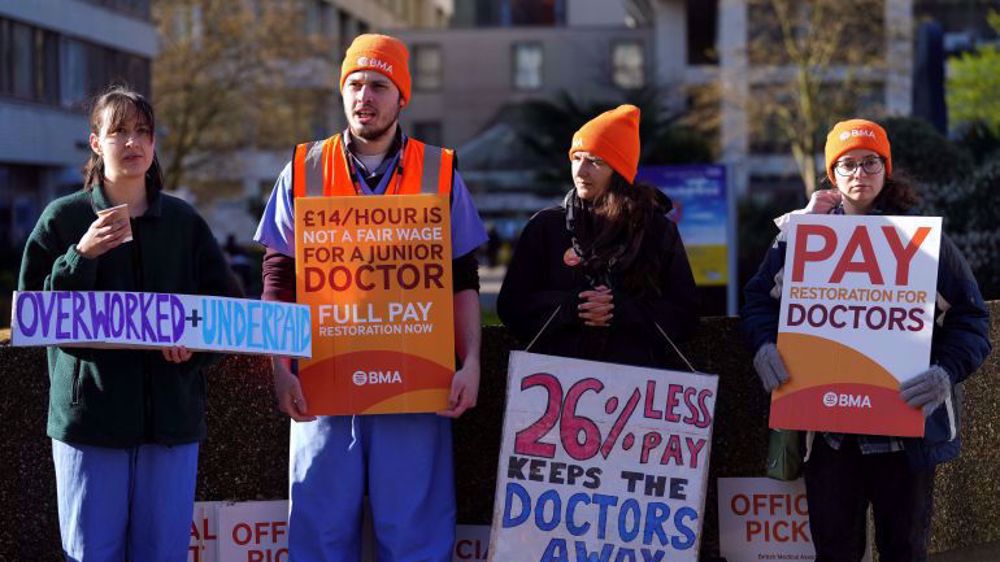


 This makes it easy to access the Press TV website
This makes it easy to access the Press TV website